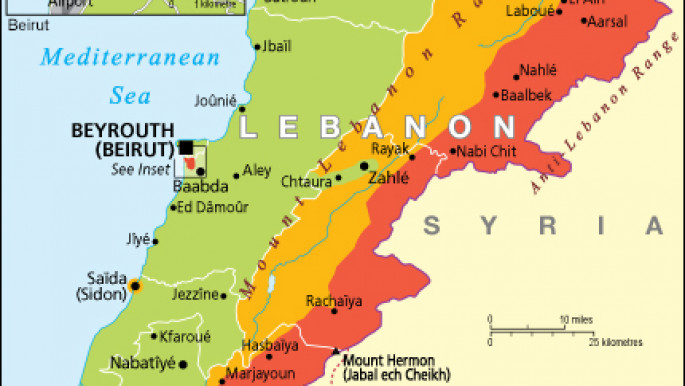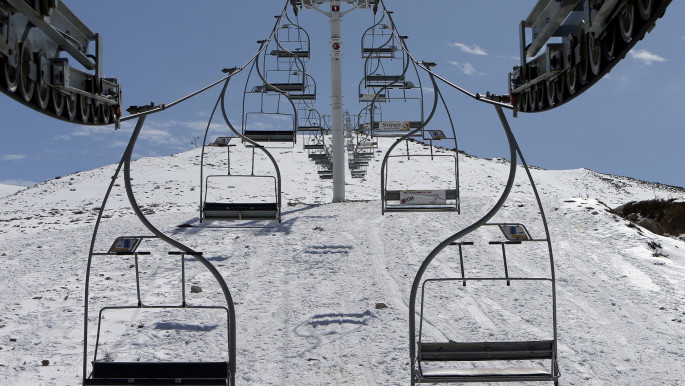
Five reasons you should ignore Trump's Lebanon travel warning
However, some of these areas are arbitrarily drawn, rather than drafted on an up-to-date risk assessment.
The US Department of State, perhaps not wanting to bother to go into so much detail, "urges US citizens to avoid all travel to Lebanon". The newly updated version under the Trump administration sounds particularly off-putting.
Even the Gulf countries have asked their citizens (possibly for politcal reasons) to avoid holidaying in Lebanon, usually one of the top ten destinations for tourists from the Gulf.
But thousands of tourists and expats still visiting or living in Lebanon for both business and leisure disagree. It's always a good idea to take precautions, but there are good reasons not to take these travel advisories as a blanket call to avoid Lebanon - and many other countries in the region with an undeserved bad rep. Here are five reasons why.
1 - Lebanon is safer that many countries that have no travel warnings in place
Lebanon is hardly a warzone, 25 years after the end of its civil war. True, there have been attacks and incidents here over the past two decades, but terrorism is now a global epidemic that affects many major cities, from Sydney to Paris.
 |
| The often-random map of 'safe zones' in Lebanon [FCO] |
The risks in Lebanon are generally confined to certain areas, and locals and frequent visitors now know how to navigate them.
Remember, the FCO warns British citizens not to go to areas in the United States bordering Mexico either.
2 - The threat to tourists is not specific
Gone are the dark days of the 1980s when terrorist groups and criminal gangs that emerged in the Lebanese civil war would kidnap foreigners for ransom or political reasons. These incidents are now very rare, and the local security services take them very seriously.
Tourists who stay away from any "hotspots" - remember the "green zone"? - should be more concerned about haggling with taxi drivers and bringing enough sun cream.
3 - Travel warnings are flawed (and are not binding)
Travel warnings can be outdated and address only specific areas, yet taint an entire country - and may not even be corroborated by other nations. They could also be politically motivated to punish countries.
Travel warnings cannot legally stop anyone from travelling, although they affect things like travel insurance, so it is up to you to decide how seriously to take a travel advisory.
There are pointers to help you decide and how to take precautions - you know, just in case - if you decide to ignore travel advisories.
4 - Don't let the terrorists win!
After terrorist attacks in Egypt, Tunisia, France, the US and elsewhere, the immediate reaction was that we shouldn't let the terrorists intimidate us. Campaigns called on people to show their solidarity by not avoiding these places.
The Lebanese learned long ago to not let terrorists stop them from having fun, because the alternative means letting the bad guys win.
5 - You'd miss out on a great holiday!
Food, history, beaches, mountains, skiing, nightlife, fantastic wine, friendly people, and great weather. There is a lot to be missed by skipping Lebanon!
 |
| Travel advisories don't give the full picture and are often unfair [AFP] |



